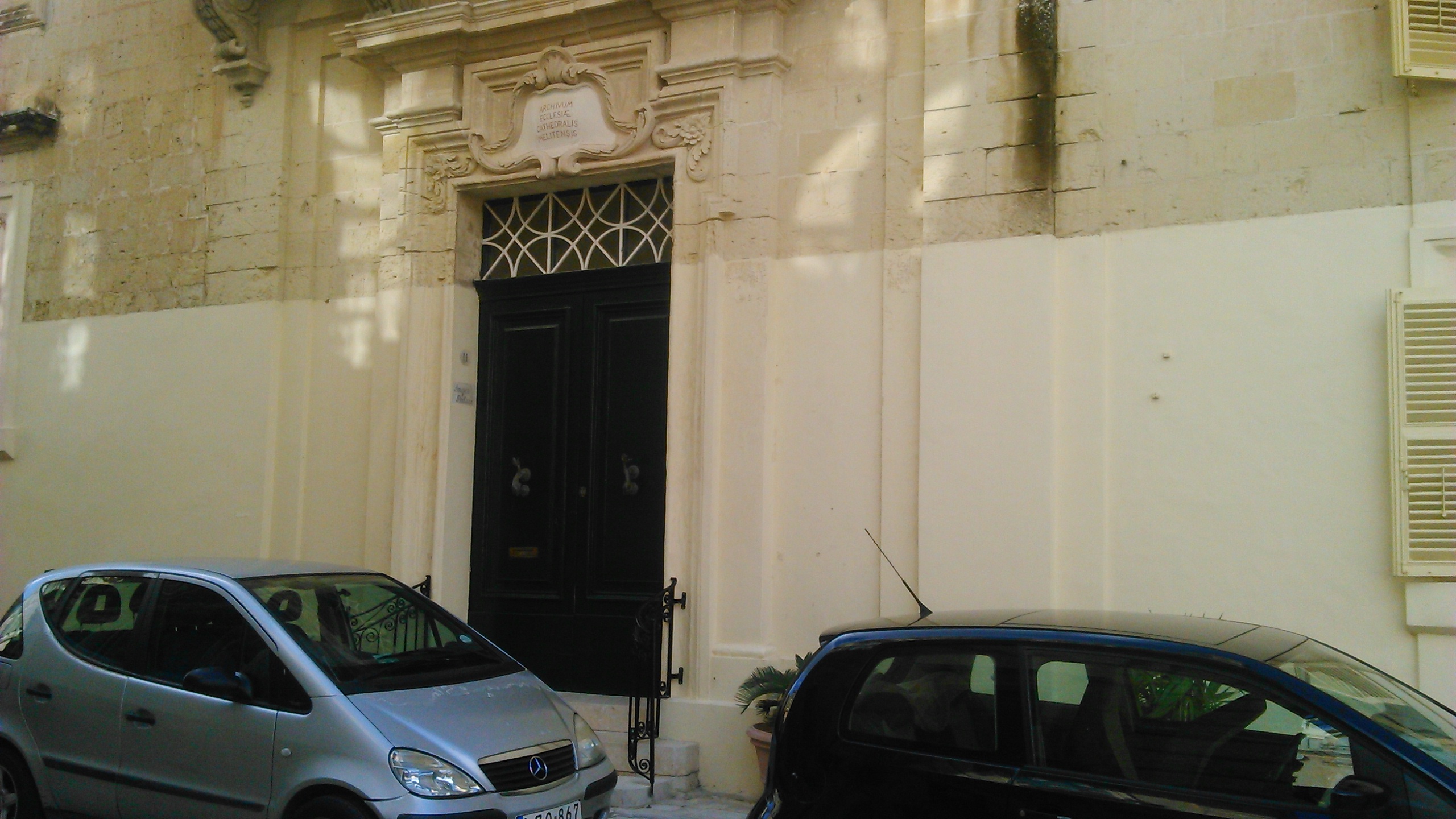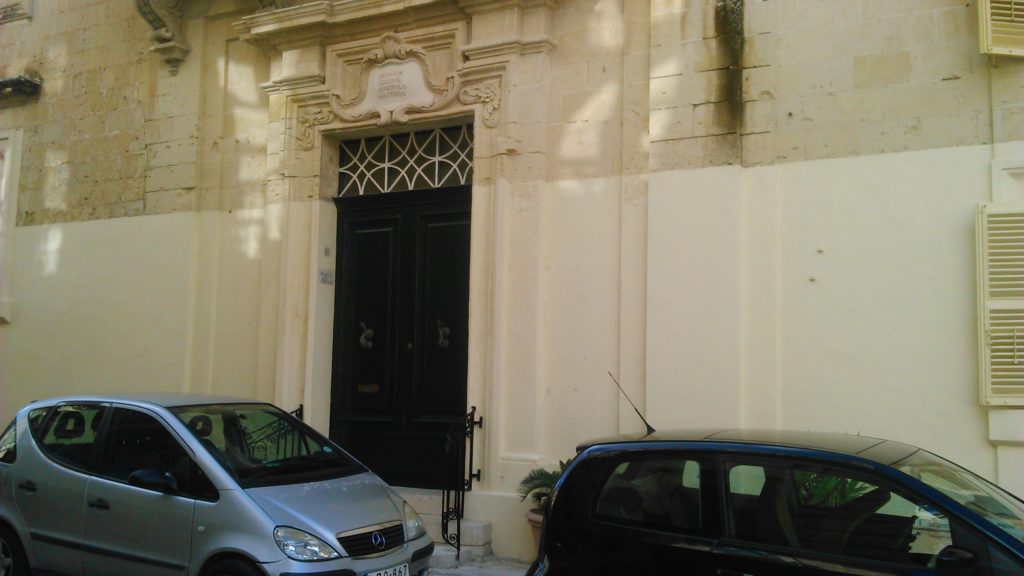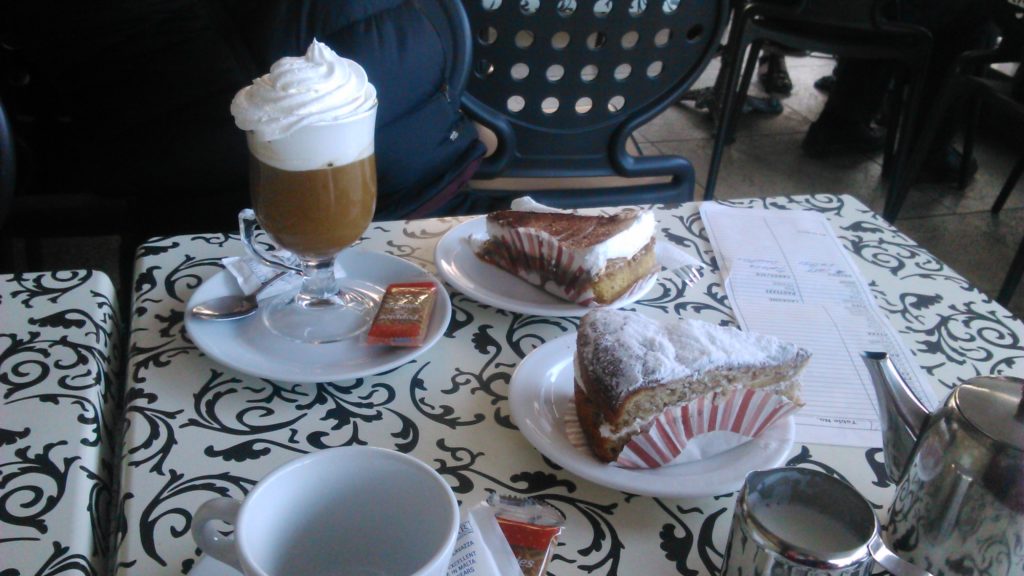
Posted by Catherine Rider
13 November 2017Appropriately – given that it was Halloween – I spent part of reading week in the archives researching the history of magic. Dr Alex Mallett (formerly of Exeter, now based in Leiden) and I were doing some of the final research for an AHRC-funded project led by Professor Dionisius Agius, Institute of Arab and Islamic Studies on ‘Magic in Malta, 1605: Sellem bin al-Sheikh Mansur and the Roman Inquisition’ (see here for more details). I’ve written about this project on the blog before, when we were at a much earlier stage. To recap, it studies the case of Sellem, a Muslim slave who was accused of offering a variety of magical services to Christians. The case gives us a fascinating insight into many magical beliefs, Christian-Muslim relations, and many other aspects of life in early modern Malta and, with the help of a team of other British, Maltese and French scholars, we’ll be exploring these in the book we’re producing as the main outcome of the project.
Alex and I were researching in the Cathedral Archive in Mdina, which holds the inquisition records and, once again, gave us a friendly welcome.

Now we’re in the finishing stages of the project the kind of research we were undertaking was rather different from what I described back in 2014 when the project team first visited Malta together. Then we were searching for other references to Sellem in the archives, as well as exploring some of the other magic cases in the records for comparative material and planning the project’s Malta-based public engagement activities. This time, it was more a case of satisfying ourselves that we hadn’t missed anything crucial: making sure we really had checked all the files for the early years of the seventeenth century; tracking down some last supporting documents; finalising the last tricky bits of translation from Latin and Italian; and checking references.

It was also a good chance to catch up with some of the Maltese scholars who had contributed their expertise to the project. Just in case you might be tempted to think it was all work, there were also project meetings involving excellent Maltese cakes.
The visit to the archive – my first in 2 ½ years – also reminded me how much interesting material it contains for a scholar who, like me, is interested in magic and particularly in popular magical beliefs and how the Church tried to categorize and discourage them. Even though the seventeenth century is rather later than my usual area of expertise, I will definitely try to go back!